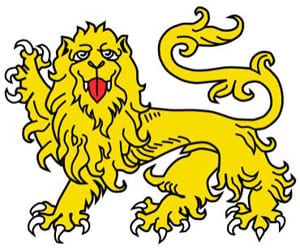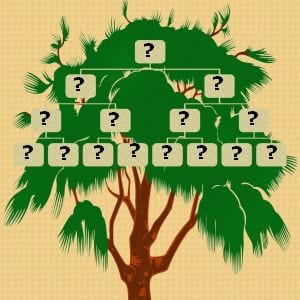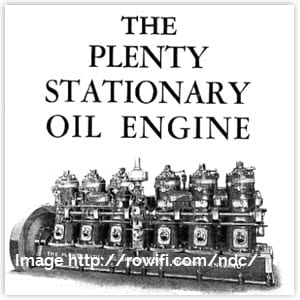A Caribbean Journey: experiences of researching Barbadian ancestors from the UK
Reading Branch meeting 27th February 2020 Speaker: Guy Grannum Guy gave an interesting talk on how he came to research his Barbadian roots and the types of documents that can aid with Barbadian ancestry. Guys started researching for his parents 25th wedding anniversary, and discovered an international family covering South Africa, Gibraltar and Majorca. Unfortunately, early civil registration records gave no clue to the origins of the family name, as there were only a handful of entries. Most entries date from 1955 onwards. Through his work at The National Archive (previously the Public Record Office), Guy discovered his grandfather and great-uncles listed in Colonial Office Lists, stating that they were all born in Barbados. As Barbados was a British colony, and now an independent state within the Commonwealth, many of their records have a British base. The hardest thing is to work out where the records are held and what the access is to them. Some are available through subscriptions sites as well…



